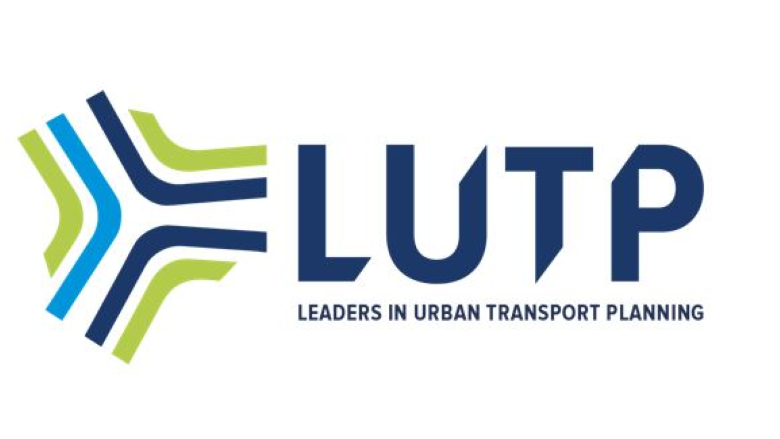While each LUTP workshop is tailored to the unique learning needs and context of its audience, the program maintains a curriculum of case studies and group exercises used to facilitate discussion and interactive problem-solving around urban transport in developing countries. This learning approach recognizes that urban transport practitioners in developing countries have a wealth of practical experience and understanding that can be effectively tapped for peer-to-peer learning.Participants are invited to read the study modules before participating to the workshop. The modules were drafted several years ago and while some of the data may be outdated, the concepts have not changed.
Self-study modules
The self-study phase is designed to provide foundational knowledge on urban transport while preparing participants to attend the LUTP workshop. The study content is organized in seven thematic clusters and each cluster comprises three to five modules. Each module has short texts and many diagrams, pictures, graphs and tables to make the learning easier and less tedious. On an average, each module will take about one hour to read.
Cluster 0 – Glossary of terms
Cluster 1 – Introduction and Overview
C1-M1 Growing Problems in Urban Transport
C1-M2 Complexity of Urban Transport
C1-M3 Conceptual Framework for Urban Transport
C1-M4 Urban Transport Issues in Secondary Cities
Cluster 2 – Travel Demand and Network Design
C2-M1 Factors Influencing Travel Demand
C2-M2 Integration of Transport and Land Use
C2-M3 Introduction to Network Design
C2-M4 Public Transport Systems Integration
Cluster 3 – Governance
C3-M1 Policy Issues in Urban Transport
C3-M2 Role of Government in Public Transport
C3-M3 Institutional Arrangements for Urban Transport
Cluster 4 – Public Transport and Complementary Services
C4-M1 Choosing Rapid Transit Alternatives
C4-M2 The Role of Intelligent Transport Systems (ITS) in Public Transport
C4-M3 Importance of Communications, Marketing & Branding
C4-M4 Urban Transport Asset Management (TAM)
Cluster 5 – Beyond Public Transport
C5-M1 Parking Policy, Planning & Management
C5-M2 Pedestrian Environment & Non-Motorized Transport (NMT)
Cluster 6 – Financing and PPPs
C6-M1 Financing Urban Transport Infrastructure
C6-M2 Financing Urban Transport Services
C6-M3 Contracting Urban Transport Services
C6-M4 Public Transport Fares, Subsidies & Policy and Analysis
Cluster 7 – Social and Environmental Issues
C7-M2 Gender & Urban Transport
Cluster 8 – The Future of Urban Mobility
C8-M1 Emerging Trends in Urban Mobility
Case Studies
Case studies give participants experience in dealing with complex, real-world situations. Case studies provide curated background information to put participants in the role of decision-makers facing an urban transport problem or project (without giving any recommendation). In LUTP workshops, case studies leverage the fact that participants come from a diverse backgrounds to look at urban transport challenges and projects from multiple perspectives. After reading this background material, workshop facilitators lead participants through analysis of the situation from multiple perspectives and discovery of generalizable lesson to be learned from the case.
LUTP develops and delivers case studies under the guiding principles of Harvard Kennedy School’s Case Program for public policy dialogue. Click on any of the case studies in our collection listed below to learn more.
